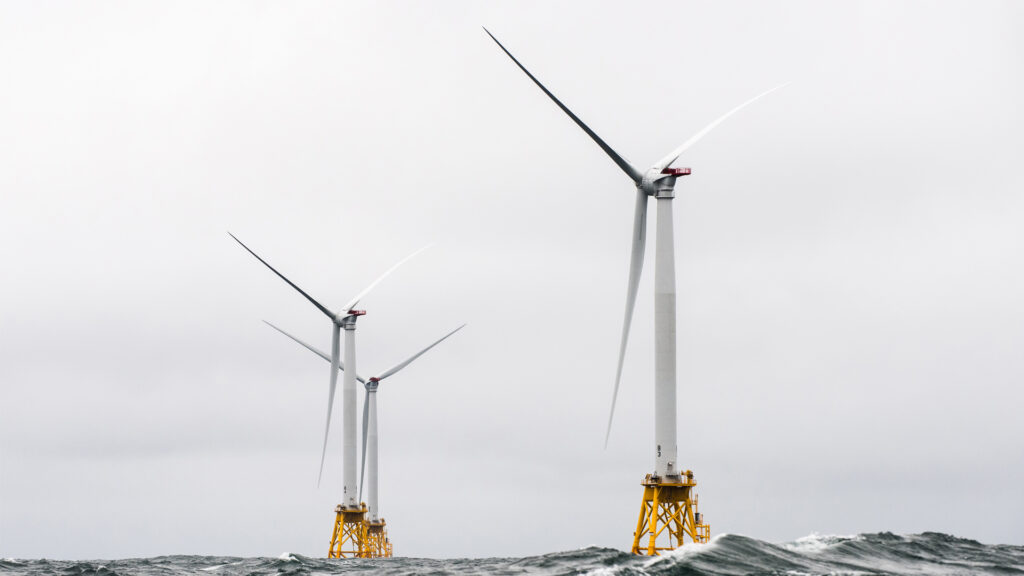A roundup of news items related to climate change and other environmental issues in Florida:
Four tracts of federal waters in the Gulf of Mexico are designated for wind power development | Associated Press

The Biden administration on Friday designated four tracts of federal waters in the Gulf of Mexico off the Texas and Louisiana coasts for development of wind energy.
The Bureau of Ocean Energy Management announcement follows the first Gulf sale of leases for wind development earlier this year. That sale drew a $5.6 million bid from one company for one Gulf tract — a modest start for wind energy in the Gulf, which lags behind the Northeast in offshore wind power development.
The agency said its next step will be to issue a formal notice for a proposed lease sale, which will be followed by a 60-day public comment period.
Duke Energy to bring unique green tech solution to Volusia County | Orlando Business Journal
Duke Energy Corp. plans to build a first-of-its-kind green hydrogen system at its existing facility in DeBary. The combustion turbine will be the first such system deployed anywhere.
The hydrogen system is part of Vision Florida, a program that also includes the company’s first floating solar array, a pilot underway at the Hines generating station in Polk County. Vision Florida tests innovative projects such as microgrids and battery energy storage, among others, to prepare the power grid for a clean energy future, according to the company’s website.
The technology for the new hydrogen system was developed through a collaboration between Charlotte, North Carolina-based Duke Energy, Chicago engineering firm Sargent & Lundy, and General Electric subsidiary GE Vernova, based in Cambridge, Massachusetts.
Can AI make better weather predictions? UM is giving a look | Key Biscayne Independent
Scientists are looking at the latest advance in computer science — artificial intelligence to better predict mammoth hurricanes, raging wildfires and increased coastal flooding.
Professor Ben Kirtman at the University of Miami’s Rosenstiel school is leading the AI effort with three new federal grants totaling more than $3 million.
The grants are from the National Science Foundation and the National Oceanic and Atmospheric Administration (NOAA) and will be used to improve predictive analytics on three fronts.
If you have any news items of note that you think we should include in our next roundup, please email The Invading Sea Editor Nathan Crabbe at ncrabbe@fau.edu. Sign up for The Invading Sea newsletter by visiting here.



